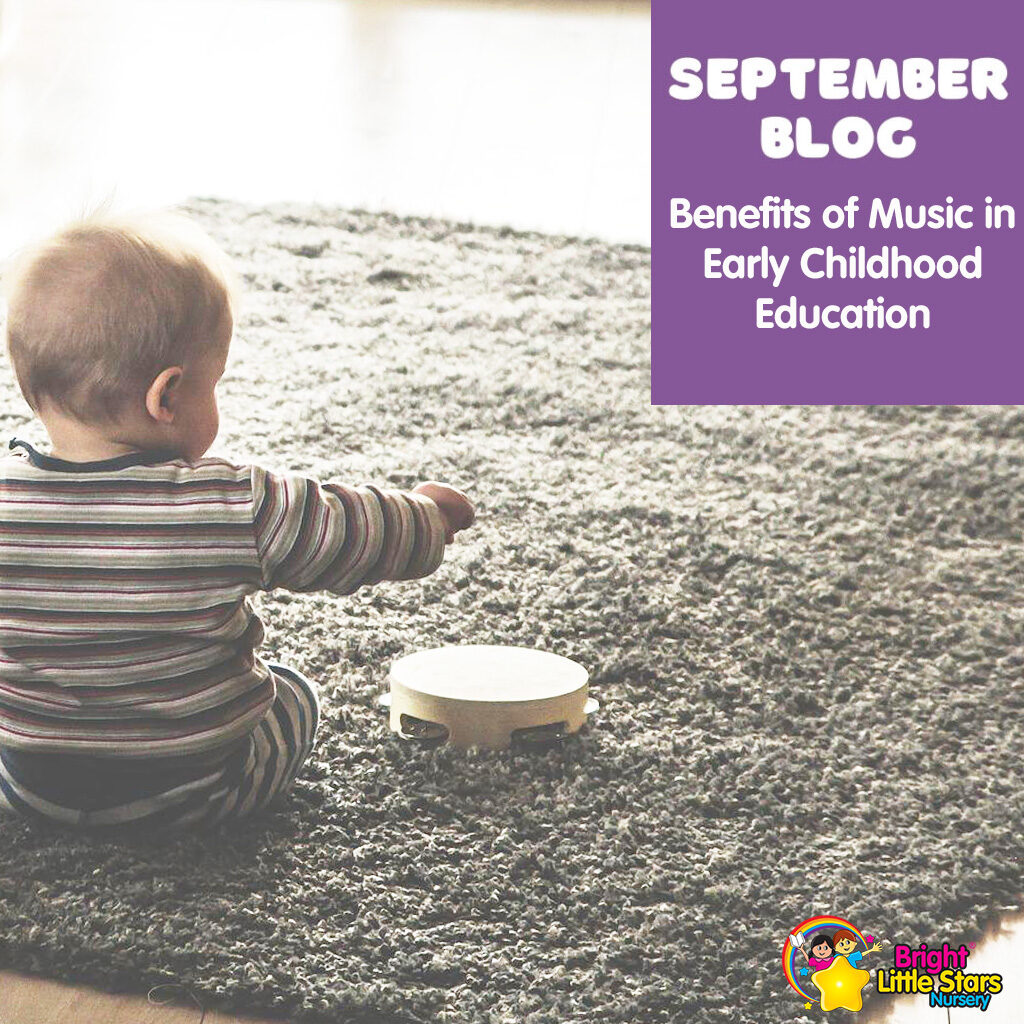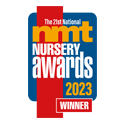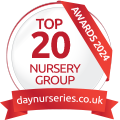As a parent, we’re sure you’ve noticed the popularity of music classes for children. Nearly all early development or childcare groups make music a priority when interacting with and encouraging children to express themselves. But why is music so important in early childhood education?
Language Development
Studies show that babies can hear music and sound from within the womb, hence being able to recognise the voice of their mother. Sound recognition is key in identifying parent’s voices and to pick up on words and develop language. Nursery rhymes might drive parents to distraction with their repetition, but it is in this repetition of phrases and words that children learn language patterns crucial for communication.
Socialising and Self Expression
Children are naturals when it comes to music. You may have noticed, through watching television or participating in music groups, just how quickly children pick up rhythm and join in. Many children also grow to have favourite songs they listen to over and over – cue Baby Shark and Frozen! Music allows self-expression and children learn to acknowledge and process emotions through songs. It is also a fantastic aid for imagination and to develop their understanding of the world.
Co-Ordination
Experimenting with music instruments is a good way to develop children’s physical development, from practising their pincer movements and fine motor skills to using their hand-eye coordination. Dancing is also a way to develop a fun approach to movement, aids in the development of spatial awareness and gross motor movement.
How to Enjoy Music with Your Child
Music can be used to alter moods throughout the day – from using happy music on the way to school, to calm music and lullabies before bedtime. It is, however, key not to have the music on constantly, in case it hinders children who should be practising their speech.
Nursery rhymes that tell stories are a great ‘go-to’ for parents, as you can enjoy the story together and the repetition builds on language skills and memory. When it comes to instruments, feel free to improvise! In fact, making shakers with dried pasta is a fun and tactile activity. Don’t be afraid to let the music take you and boogie it out with your children! Physical exercise is one of those areas of parenting where it is always best to set a good example and dancing is a perfect way to move the body!
At Bright Little Stars, music is just one of many fun and creative ways we build on a child’s development and confidence. For more information, please visit our learning programme.












